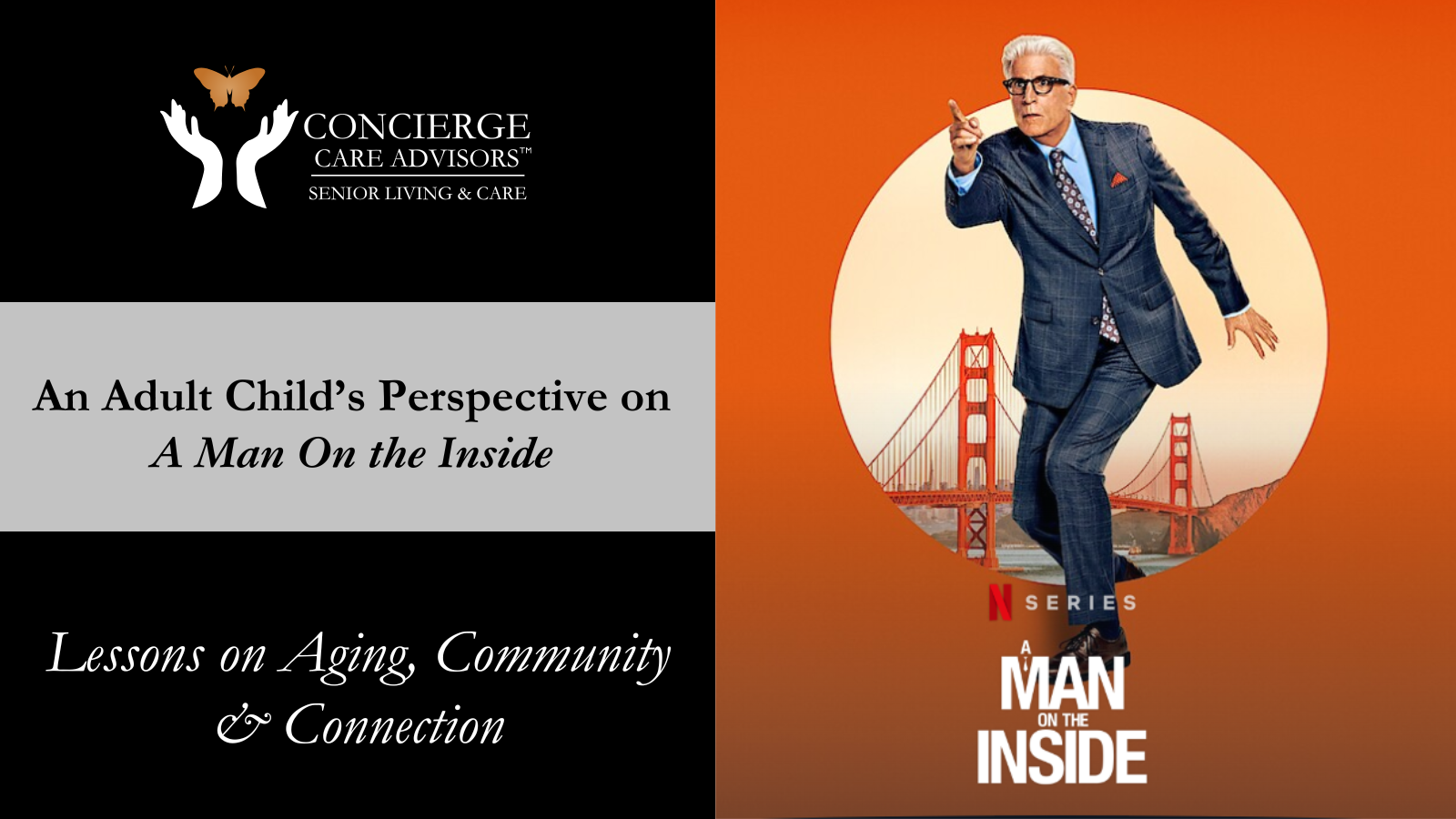Seniors and Fraud: A Growing Concern
Senior citizens are disproportionately targeted by fraudsters, with scammers exploiting their trust, independence, and financial stability. Fraud against seniors isn’t just a financial issue—it’s a form of elder abuse. Protecting our loved ones requires understanding why seniors are targeted and how to prevent these schemes.
Even the Federal Bureau of Investigations (FBI) has recognized elderly fraud as a growing problem, offering resources and recommendations to help combat it. By staying informed, families can take proactive steps to safeguard their loved ones.
Why Are Seniors Targeted by Fraud?
1. A Different Time
Seniors who grew up in the 1930s, 40s, and 50s were raised in a world that encouraged trust in others. Social norms were vastly different, with less exposure to modern scams and the digital age’s complexities. Scammers exploit this generational trust, using it to manipulate seniors into believing their claims.
2. Fear of Repercussions
Many seniors don’t report fraud because they fear how their families will react.
- They worry their children will see them as incapable of living independently.
- They fear judgment and shame for being duped.
This reluctance to come forward gives scammers a significant advantage, perpetuating the cycle of abuse.
3. Seniors Are More Willing to Buy
Seniors are often targeted with products or services claiming to improve health, longevity, or quality of life. These scams capitalize on:
- Financial stability: Many seniors no longer have mortgages or car payments, freeing up disposable income.
- Desire for better health: Products claiming to prevent cancer, improve mental agility, or enhance physical health often sound appealing.
While some offers are legitimate, many fail regulatory standards or are outright scams.
How to Protect Seniors from Fraud
1. Open Communication
Encourage your loved one to talk openly about their finances and any suspicious interactions. Let them know it’s safe to report concerns without fear of judgment.
2. Educate About Common Scams
Share information about typical fraud tactics, including imposter scams, Medicare fraud, and fake product claims.
3. Verify Offers Before Buying
Teach seniors to research products and services before making purchases. Show them how to check reviews and verify a company’s legitimacy.
4. Monitor Financial Activity
Encourage regular review of bank statements and credit reports to spot suspicious transactions early.
Check out the blog Elder Scams: Why Seniors are Targeted and What to Do for more ideas.
Episode 10 of #TheSeniorSpotlight Podcast
To learn more about protecting seniors from scams, listen to Episode 10 of #TheSeniorSpotlight Podcast: Holiday Scams 101: What Seniors and Families Need to Know. Host Mary Cordova, Matt Santelli, and Jenny Austin-Krzemien share:
- The psychology behind why seniors are targeted.
- Real-life stories of fraud and the emotional toll it takes.
- Actionable tips to safeguard loved ones from scams.
Listen now and gain the tools needed to protect your loved ones.
Concierge Care Advisors: Your Partner in Protecting Seniors
At Concierge Care Advisors, we’re committed to safeguarding seniors from fraud and abuse. Beyond connecting families to trusted senior living solutions, we provide resources to educate and empower families to protect their loved ones.
Our services are always free, and we’re here to guide you every step of the way.
Contact Us Today
Contact Us to learn how we can help you find safe, secure, and compassionate care for your loved one.






















